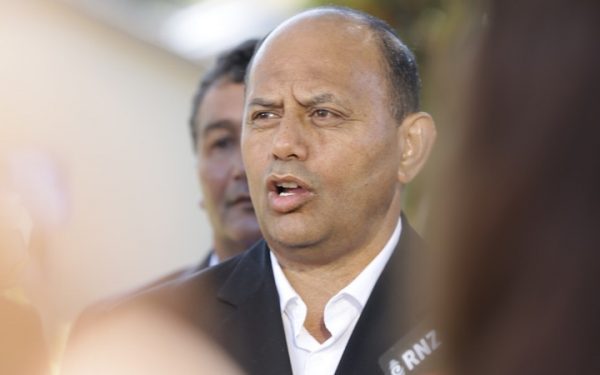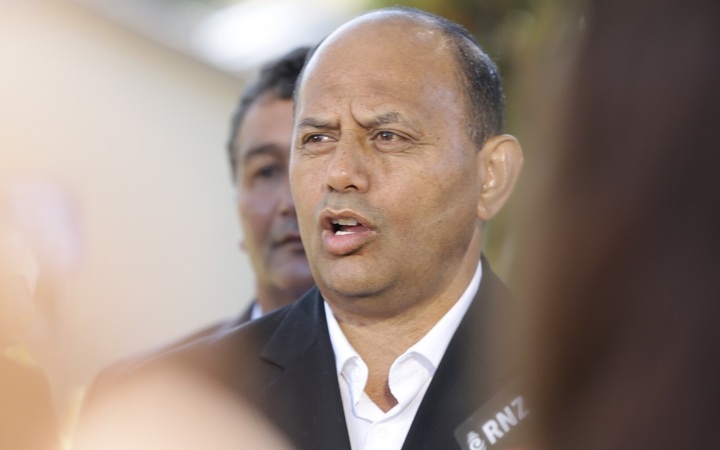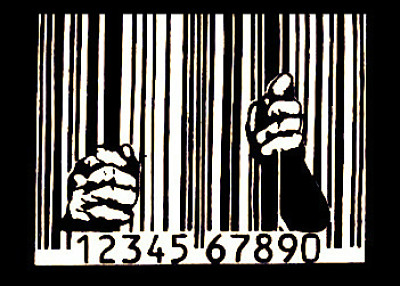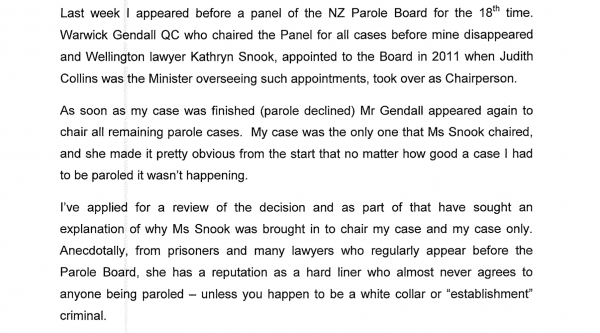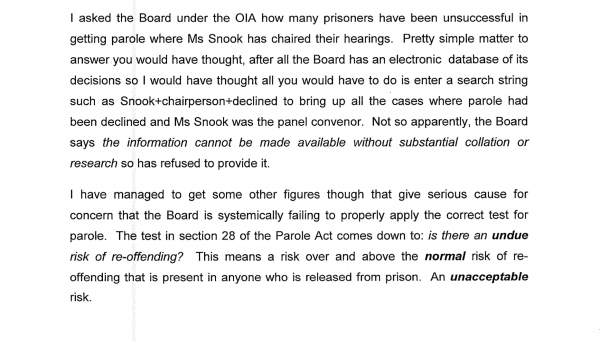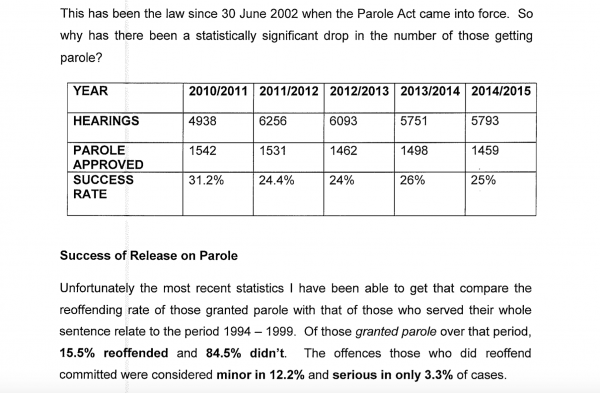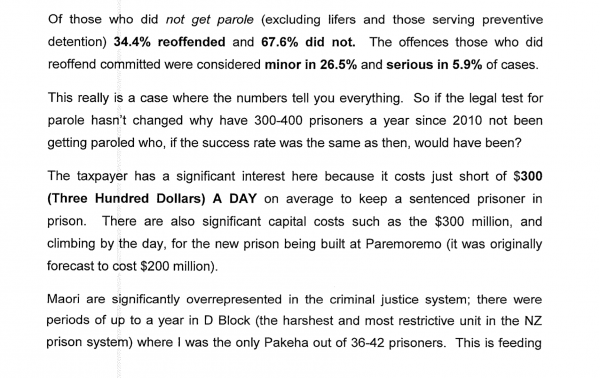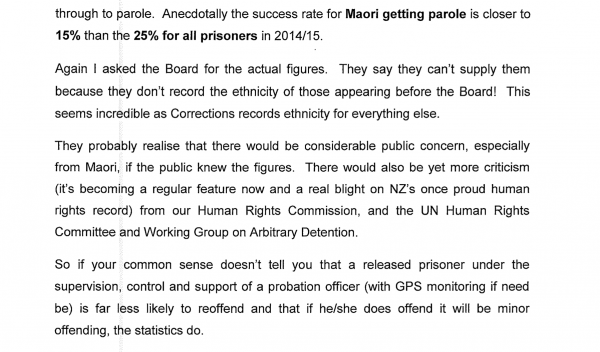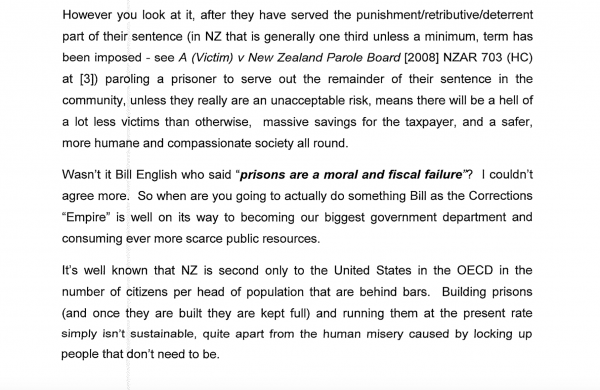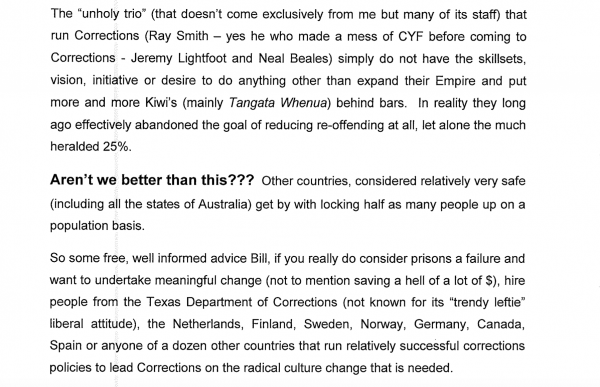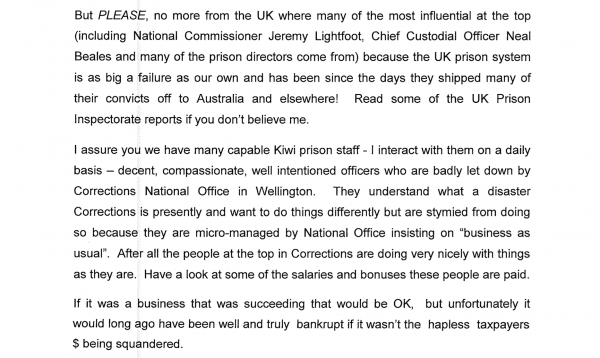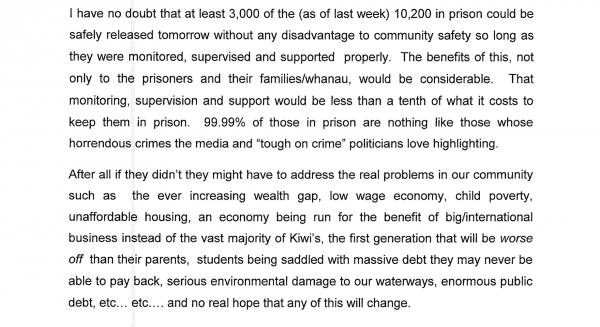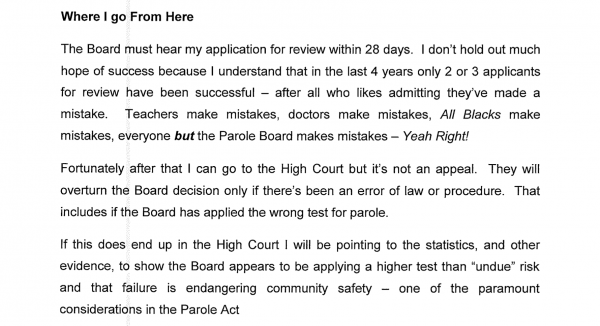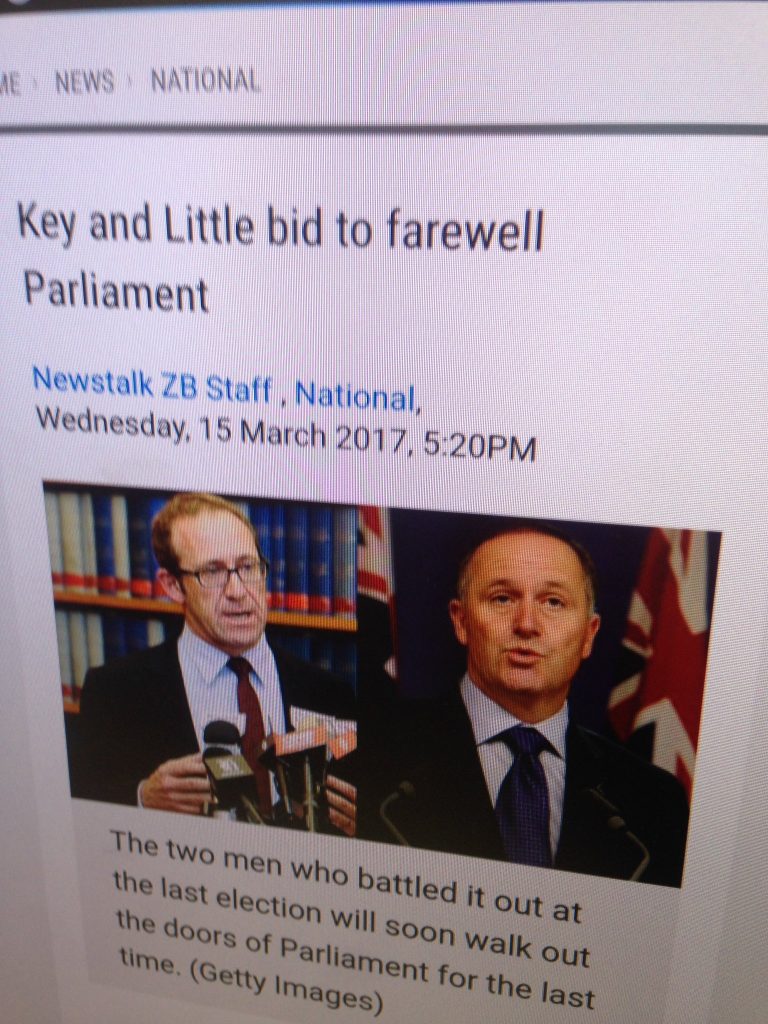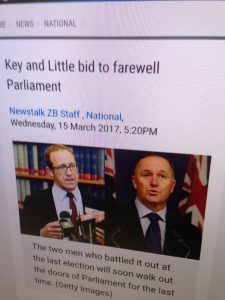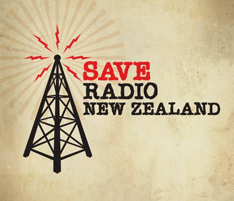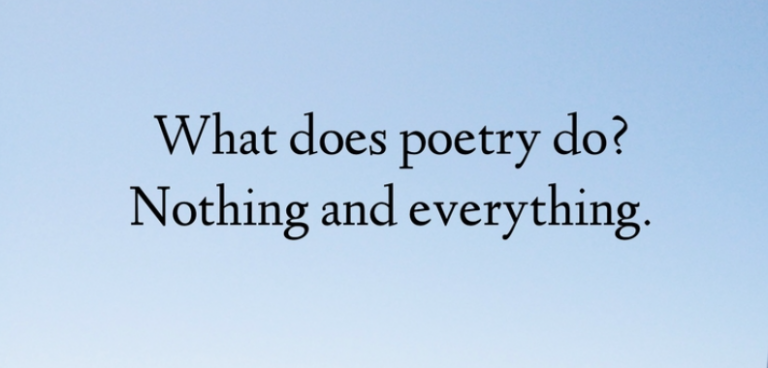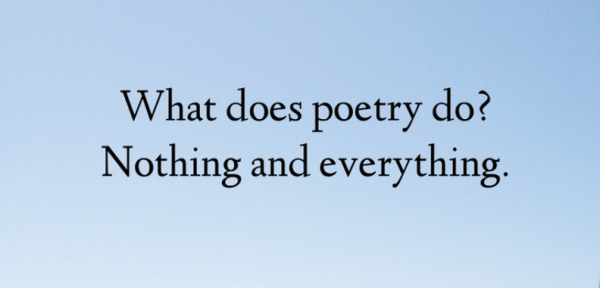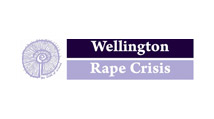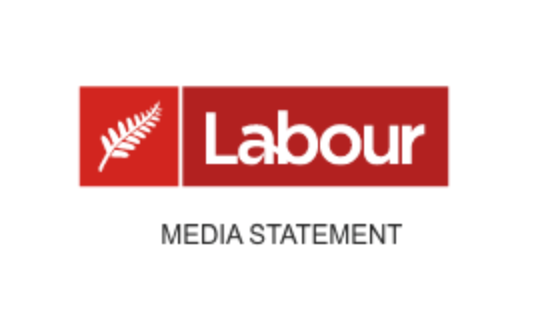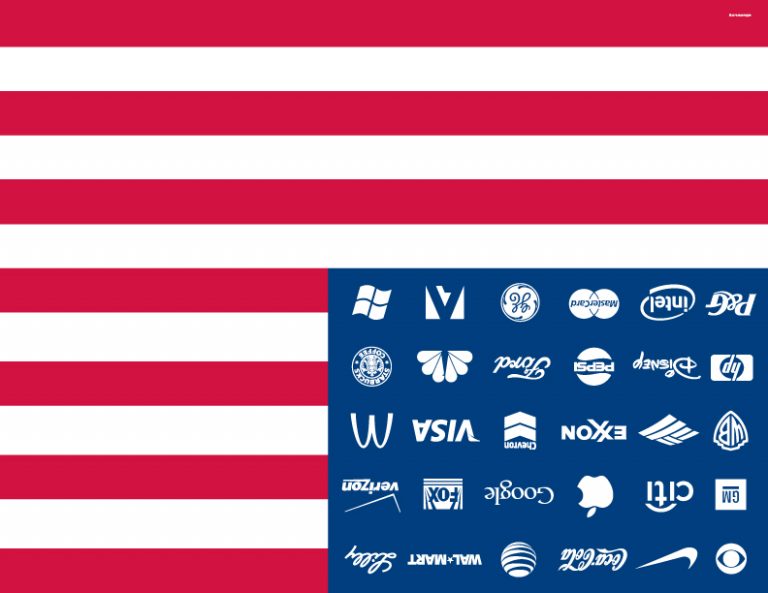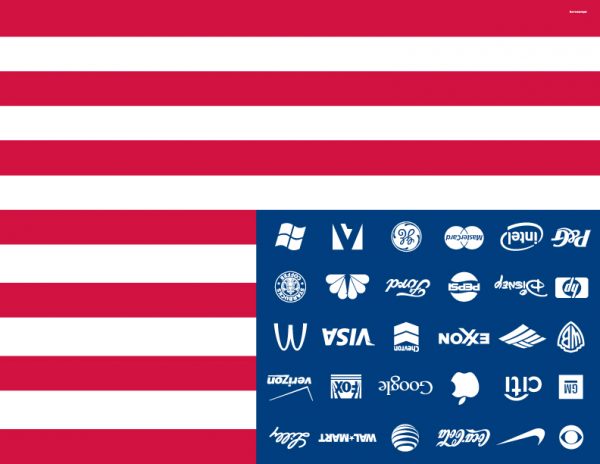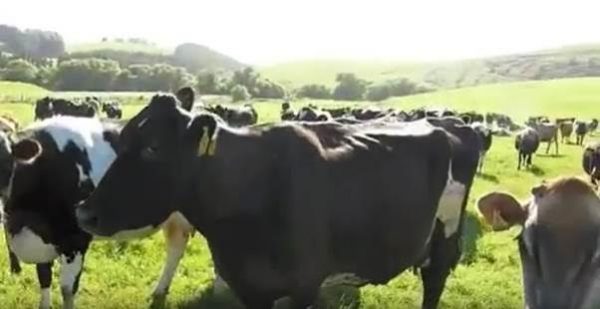
NEW ZEALAND’S DAIRY INDUSTRY was recently compared to the NRA. A better comparison would be the United States oil industry. Like the National Rifle Association the US oil industry’s lobbying power is legendary. To set one’s face against either group is generally considered to be career suicide – especially if you’re a career politician.
The US oil industry is the better comparison because, like our own dairy industry, it plays a central role in its national economy. Both industries are strategically positioned to bend governments to their will.
Shortly after assuming the office of Vice-President in 2001, Dick Cheney convened a secret conclave of US oil interests. The proceedings of that gathering remain inaccessible to ordinary Americans. By 2008, however, the effects of the decisions taken at Cheney’s Energy Summit were measurable across the entire planet. The Vice-President was unrepentant, reaffirming to Fox News in the dying days of the Bush Administration the message that his boss’s father, President George H W Bush had delivered to the Rio Earth Summit way back in 1992: “The American way of life is non-negotiable.”
Equally “non-negotiable” is our own primary production sector’s belief that what is good for New Zealand’s farmers must also be good for the country as a whole. Preserving the Kiwi way of life has thus become synonymous with preserving the economic well-being of the New Zealand farmer. Specifically, the New Zealand dairy farmer.
As anyone who watches television will attest, a colossal amount of money is currently being spent to convince New Zealanders that farming – especially dairy farming – is, in some mysterious way, integral to preserving the New Zealand way of life.
Dairy farmers are depicted as dedicated protectors of the land. Striding across their paddocks in the early light, breathing in the scent of their lush natural pastures, these quintessential Kiwis are presented as the uncomplicated stewards of modest family farms passed down from generation to generation over many decades.
That most dairy farms are now rigorously commercial ventures, owned by private companies or listed corporations, and monitored constantly by the banks to which they are so deeply indebted, are facts which the makers of these advertisements prefer to keep out of their stirring pastoral narratives. Also missing are any visual references to the complex irrigation machinery so essential to meeting their business’s ambitious milk production targets.
Nor, in the dawn’s early light, are we vouchsafed a glimpse of the depleted streams and polluted rivers that the doubling and tripling of dairy herd sizes has rendered inevitable. Indeed, the dairy farmers depicted in these ads appear to be throw-backs to the time when dairy farmers drove only 100 or 150 cows towards the milking shed – not the 400-600 cows found on today’s average dairy unit.
Such information would, of course, make it much harder to sell the notion that the farmers depicted in these ads are the ones who make it possible for New Zealanders living in cities to remain psychically linked to the clean, green countryside which underwrites their urban lifestyles. By the power of the ad-man’s dubious magic, these entirely fictional representatives of New Zealand agriculture have been enlisted to reinvigorate the nation’s foundation myth.
At the heart of that myth lies the “countryside good/cities bad” dichotomy. It is the dichotomy that fuels the sacred ideological fires of the National Party and which informs the ingrained assumptions that sets provincial New Zealanders against their metropolitan cousins. It also the dichotomy behind the suggestion of urban dereliction which constitutes the unspoken message of the latest batch of Fonterra ads.
The rural beneficence being celebrated here is Fonterra’s (and, by extension, the New Zealand dairy farmers’) donation of packaged milk to the nation’s school-children. By which, of course, is meant the nation’s “needy” schoolchildren. These little packages of rural generosity are intended for the unfortunate offspring of the indigent (and probably immoral) inhabitants of the wicked cities’ treeless suburbs.
Extolling the virtues of Fonterra’s milk-in-schools philanthropy is no less an icon of provincial virtue than the all-conquering All-Black hero, Ritchie McCaw. Seldom has one complex bundle of national myths been enlisted to the cause of another which such seamless effectiveness.
It is worth paying close attention to these ads the next time they appear on your television screen. As you take in the sophisticated messages embedded in the text and imagery, ask yourself why they are being broadcast now, with such relentless regularity, to their overwhelmingly urban audience.
Think about the success of Greenpeace’s “Dirty Dairying” campaign; about the shocking images of shit-filled streams, dried-up riverbeds and toxic lakes. Think about the dairy industry’s point-blank refusal to accept that it is more-or-less singlehandedly destroying New Zealand’s clean, green image. Recall its role in the destruction of regional democracy in Canterbury: its determination to overcome all opposition to its plans for vast, government-subsidised irrigation schemes. Think about the fact that nitrogen levels across the country are rapidly approaching danger levels – even in the deep, formerly pristine aquifers beneath our feet. Think of the way the Ministry of Primary Industry and the National Party stand guard over the dairy industry in exactly the same way as Dick Cheney and Scott Pruitt stood and stand guard over the US fossil fuels industry.
The dairy industry’s way of life is every bit as “non-negotiable” as the American people’s – and just as big a threat to our environment.
TDB Recommends NewzEngine.com
